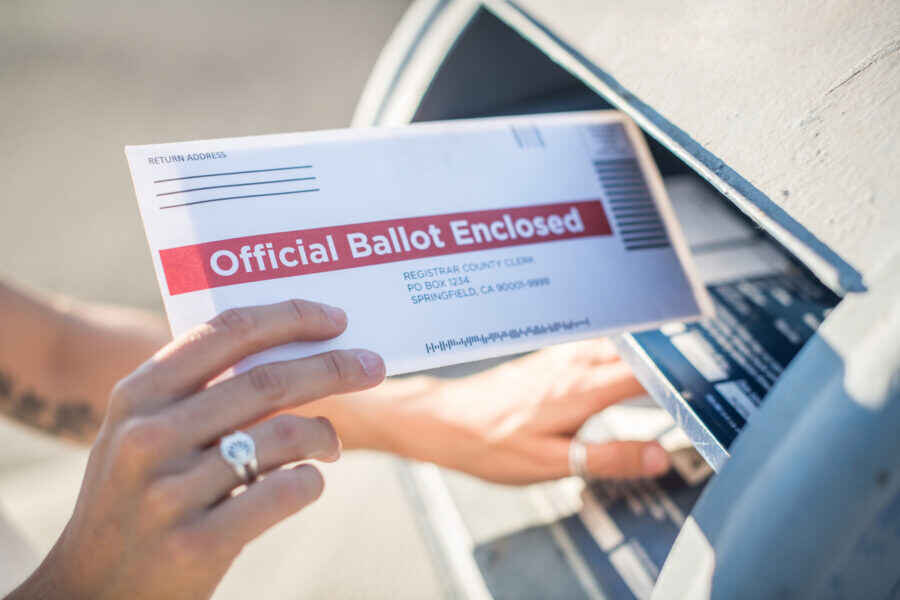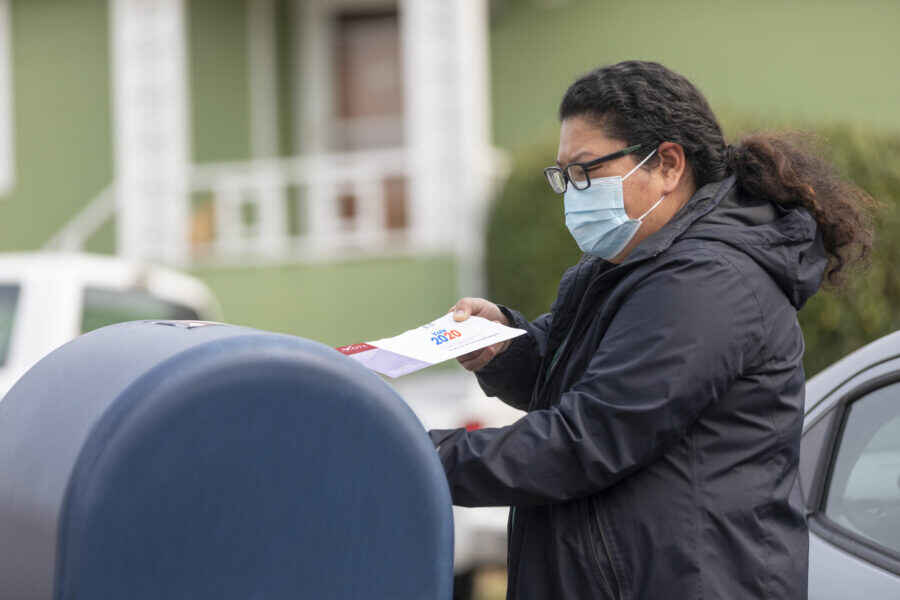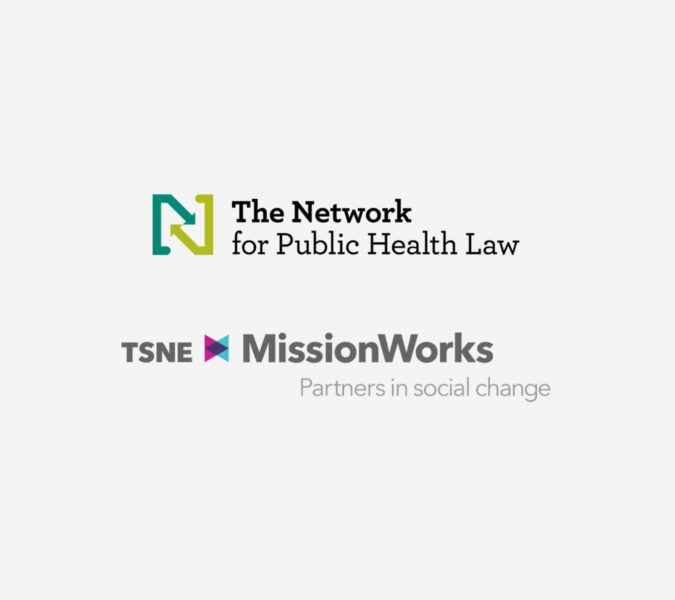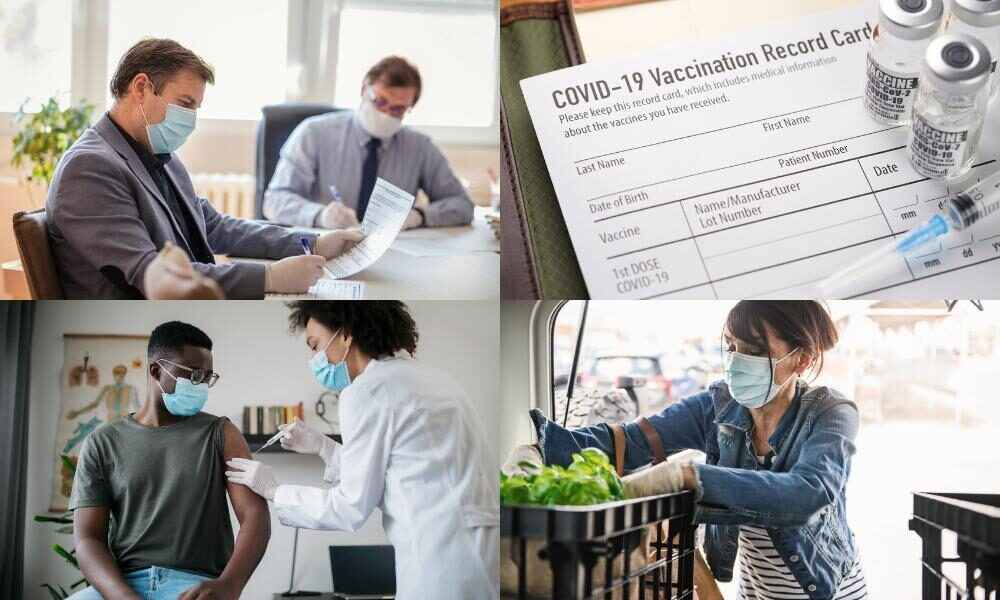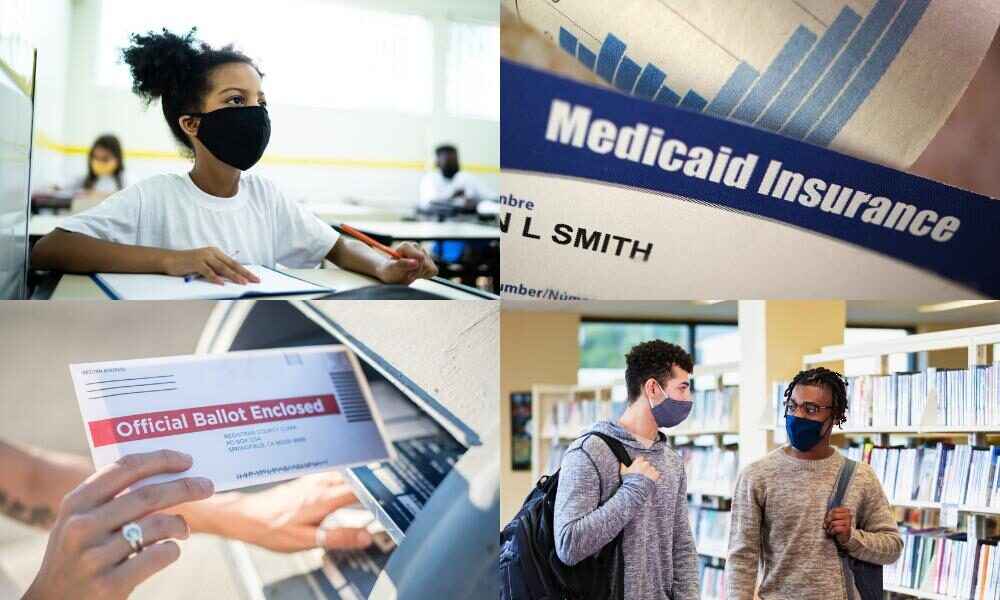
Public Health Law News Roundup – January 2022
Law & Policy InsightsSome of the public health law and policy issues in the headlines in recent weeks include California’s new law requiring mental health courses be taught in schools, the challenges schools face in remaining open during the omicron surge, the addition of a common chemical to the FDAs list of hazardous chemicals, Medicaid expansion on the ballot in South Dakota, and libraries’ efforts to meet the growing social service needs of their patrons.

